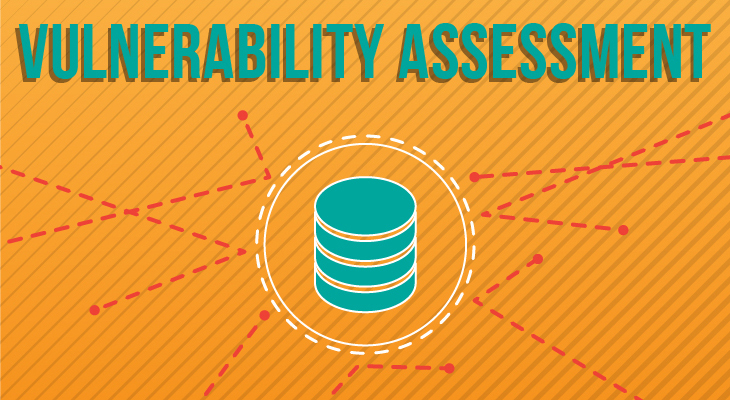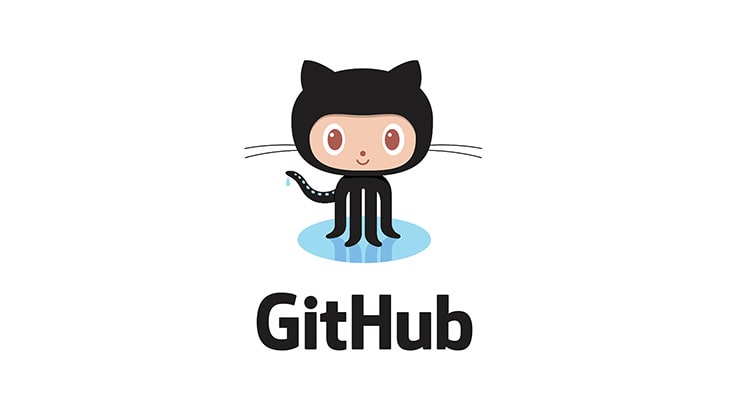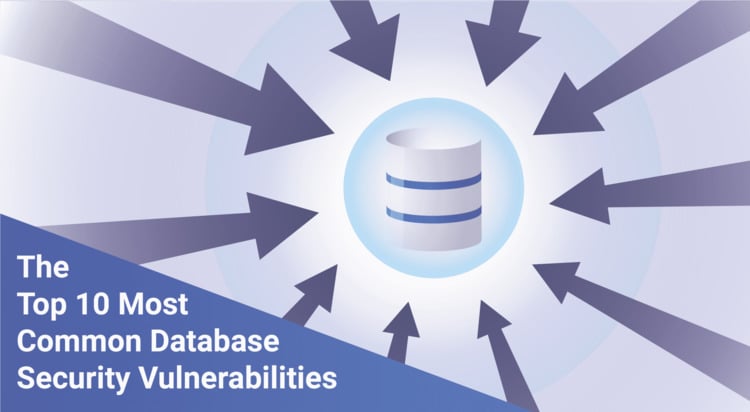Secure Your Databases with DataSunrise Vulnerability Assessment
View all known vulnerabilities and misconfigurations for the databases included in your DataSunrise’s configuration. Make your databases less vulnerable at many layers and up to date with the latest database security practices.
Learn About Solutions in the Cloud or on-Premises










Keep Databases Secure with Vulnerability Assessment Solution

Protects Your Sensitive Data and Detects Suspicious Actions
Data Security solution prevents unauthorized access attempts and protects the database against SQL injections. Using SQL queries, the vulnerability assessment tool can check if your protected databases comply with the requirements of CIS and DISA. If DataSunrise detects prohibited query or malicious code, it blocks database access attempts and informs you via an email, SNMP or instant messengers.

Reveals Any Potential Data Vulnerability
DataSunrise enables real-time tracking of all user actions and all changes made to the database as well as timely reporting on vulnerability assessment. Continual database monitoring helps to detect data breach preparations, and a specific set of security rules is used to control this process.

Compliance with Regulatory Requirements
Ensuring compliance with national and international regulatory requirements including HIPPA, PCI DSS, SOX, GLBA, and more. Manage sensitive data across different columns with high-risk data. Providing full compliance with database vulnerability assessment results.
Increase the Protection Level of Your Databases with the Public Resources
Supported Databases and Platforms:
SQL and NoSQL, in the Cloud and on-Premises
Specification
Description
SQL
- All RDS Databases
- AlloyDB
- Amazon Athena
- Amazon Aurora
- Amazon Redshift
- Apache Hive
- Apache Impala
- Azure Synapse Analytics
- Cloudberry Database
- CockroachDB
- Databricks SQL
- GaussDB
- Google BigQuery
- Google Cloud SQL
- Greenplum
- Heroku Postgres
- Hydra
- IBM Db2
- IBM Db2 Big SQL
- IBM Informix
- IBM Netezza
- MS SQL Azure
- MS SQL Server
- MariaDB
- MySQL
- Neo4j
- Oracle
- PostgreSQL
- Percona Server MySQL
- SAP HANA
- Snowflake
- Sybase
- Teradata
- TiDB
- Vertica
- YugabyteDB




